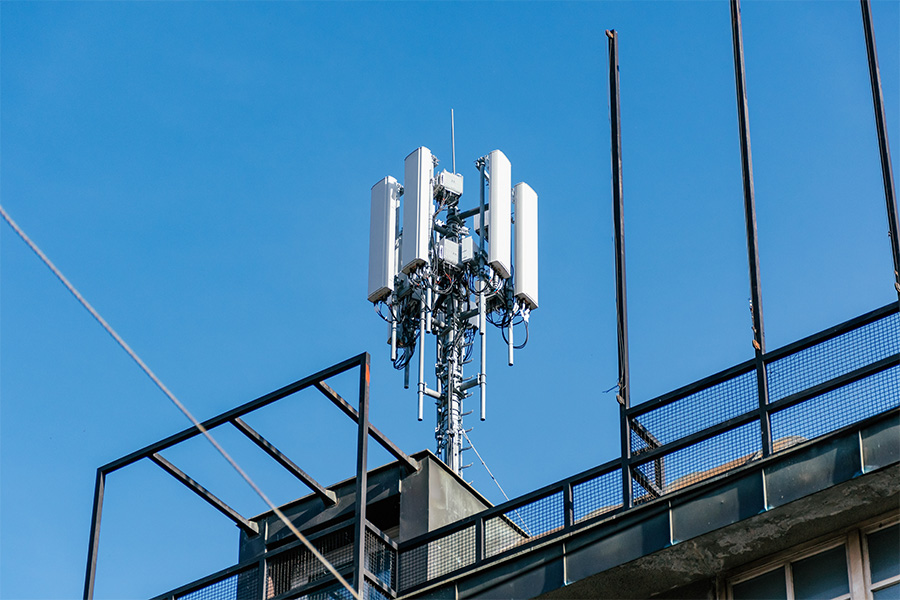As early as 2019, 1&1 Drillisch secured the rights to use mobile communications frequencies in order to build its own mobile communications network. Although these frequencies are a coveted commodity and their use is prescribed by law, they have remained largely unused to date.
If the Federal Network Agency has its way, this situation should change quickly. In a press release in mid-February, Jochen Homann, President of the Federal Network Agency, said: “It is now up to 1&1 Drillisch to start building the network and to use the acquired frequencies efficiently.”
What has happened so far
At present, only Vodafone, Telefónica and Deutsche Telekom operate mobile communications networks in Germany. 1&1 Drillisch is now entering the market as the fourth provider in Germany and plans to build its own mobile communications network.
In order to be able to offer mobile customers competitive network coverage during the roll-out phase, 1&1 Drillisch is relying on national roaming. This means that where the 1&1 Drillisch network does not yet offer appropriate coverage, customers will be supplied via the Telefónica O2 network, which has already been expanded.
What does this mean for site landlords?
To ensure that 1&1 Drillisch is able to establish a reasonably nationwide network by 2023, the company will invest in the construction of transmission towers. Especially because the network will have to reach around 10 million households by then. In addition to cooperative ventures with competitors, the establishment of its own sites is also relevant for 1&1 Drillisch.
“The rights to use the mobile frequencies that were auctioned off come with an obligation to expand. By the end of 2025, 1&1 Drillisch must cover 50% of households in Germany and set up at least 1,000 5G base stations,” says Raymond Rieke, CEO and Founder of Vorblick Consulting, highlighting the scope and challenges of the network rollout.
1&1 Drillisch therefore not only needs cooperative ventures with competitors, but also partners who provide land and roof space for the construction of antenna sites. These are sometimes private landlords, institutions, farmers or companies that can rent out appropriate areas. “We see ourselves as the link that represents the interests of the site lessor to the network operator and thus negotiates the best possible conditions,” says Rieke, explaining Vorblick Consulting’s position in this process.
Rieke sees a great opportunity for site lessors in network expansion: “Antenna sites are of great importance for network providers. At Vorblick, we actively support site lessors with our industry expertise in communicating their sites to network operators and in contract negotiations.”
There are more challenges
The search for our own sites alone is not enough to build and expand the new network. 1&1 Drillisch requires approval from the Federal Network Agency for each of its sites. The processing time can vary considerably. In addition, the company also needs suppliers and technicians for the transmitters.
In any case, what makes the start easier for 1&1 Drillisch is that the company has a solid customer base with several million active users, divided into various discount brands. It can be assumed that these users will become customers in the new 1&1 Drillisch network as soon as it has appropriate coverage.
